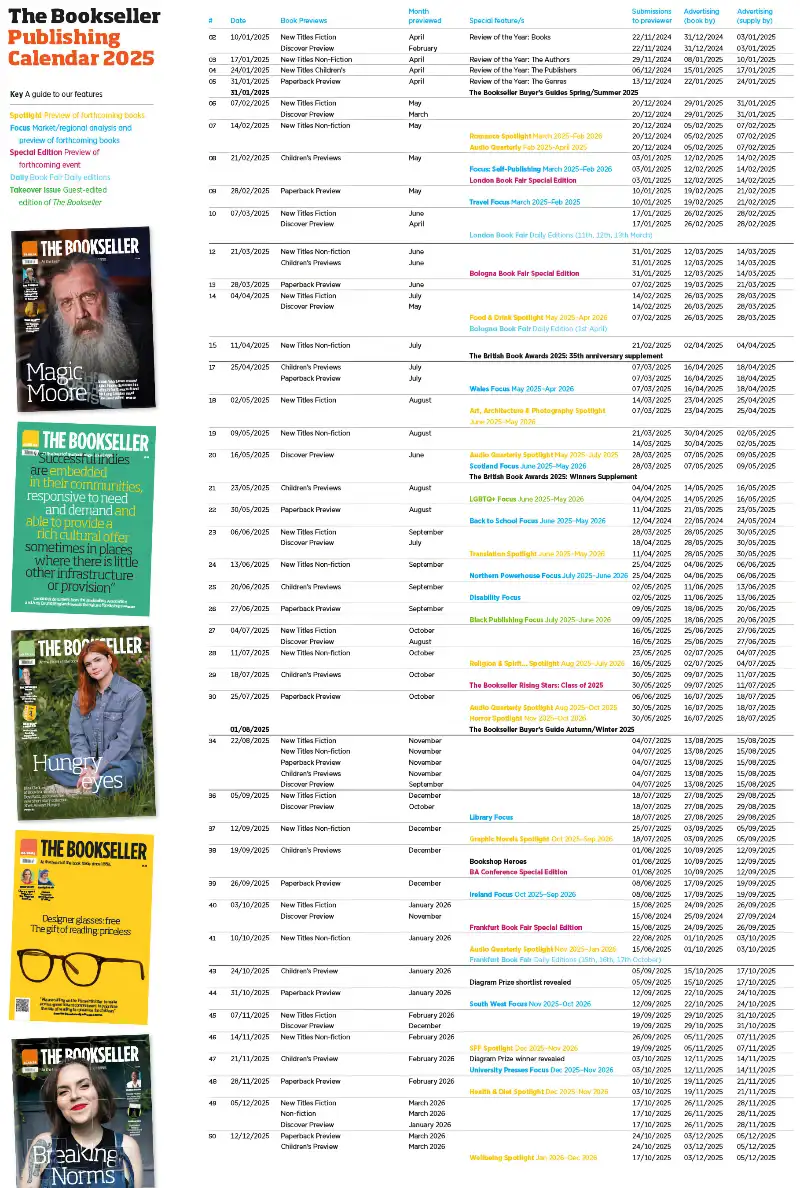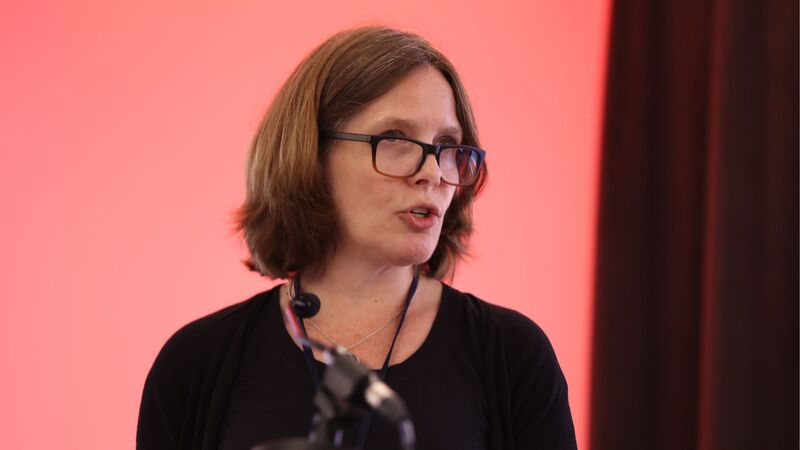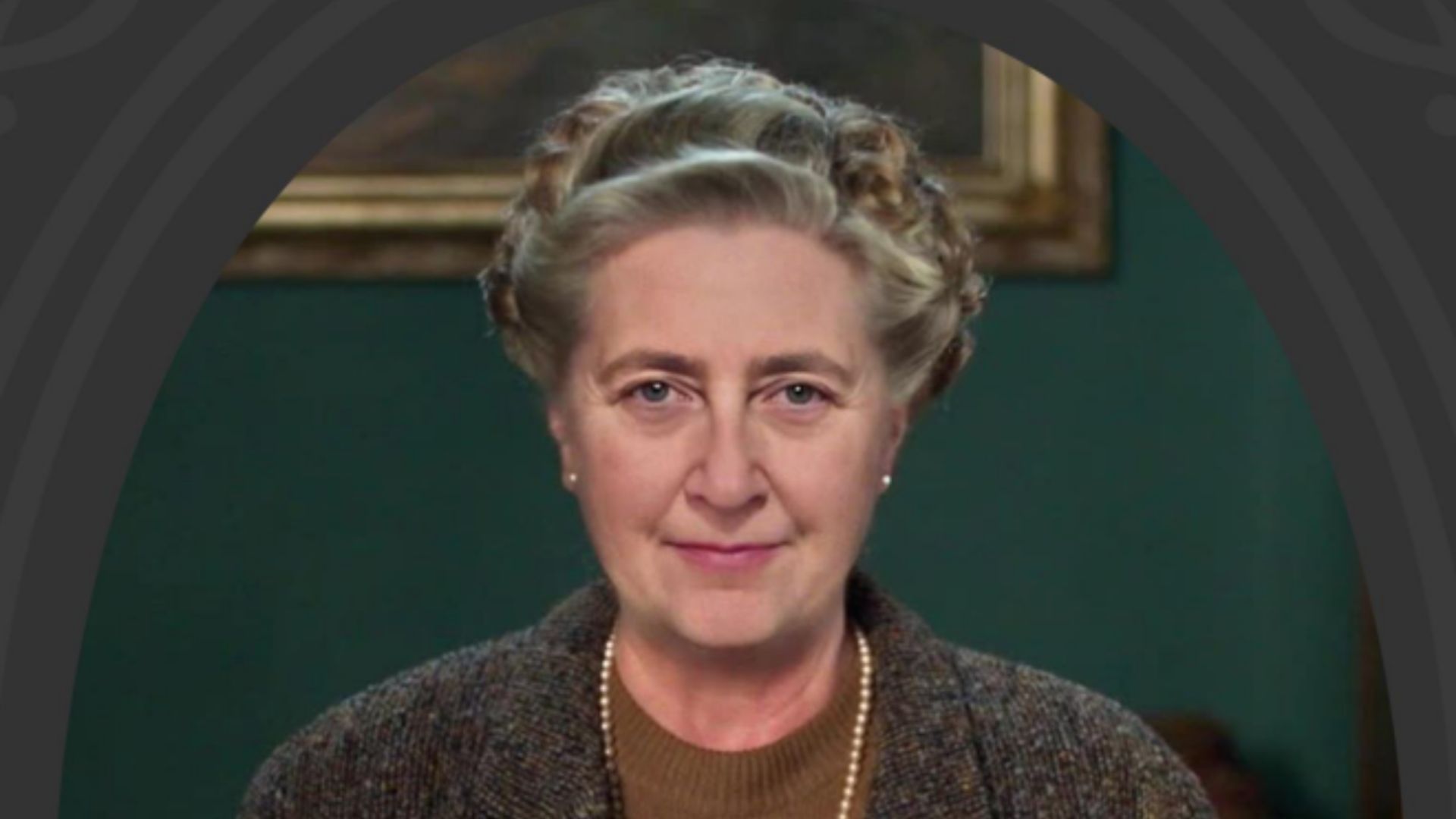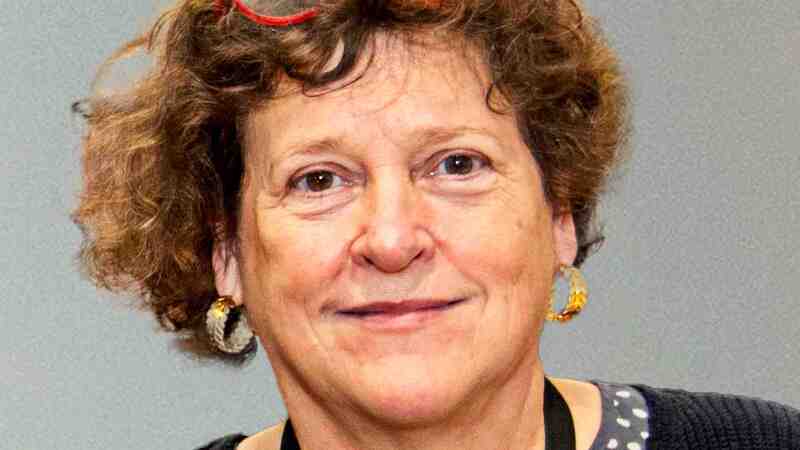You are viewing your 1 free article this month. Login to read more articles.
Staging a revolution
The Arcola’s adaptation of Ece Temelkuran’s Women Who Blow on Knots deserves far greater recognition.
In the UK, the Turkish author, journalist and political commentator Ece Temelkuran is probably best known for her 2019 book How to Lose a Country: The Seven Steps from Democracy to Dictatorship, an accessible text that explores, with clarity and precision, the process by which a country slides into authoritarianism. The path it describes was not unique to Turkey under Erdogan; quite the opposite, the book describes a trajectory that is dismayingly familiar. Over recent years, we have witnessed similar things happening all around us, in Europe as well as in the US.
How to Lose a Country, which is being republished by Canongate with a new foreword by Temelkuran for the 2024 edition, is a text written with a sense of urgency, imploring readers to listen. It describes the tactics by which those in power erode democracy and the way populist politicians so often attempt to align themselves with "real" people, the implication being that anyone who does not share their values is less than real. The book is both a warning and a lesson—one the West has not learned.
Temelkuran is also a novelist and her novel, Women Who Blow on Knots, became a publishing phenomenon in Turkey, selling over 120,000 copies since its publication in 2013. It has gone on to be published in many countries, sometimes under the title: What Good is a Revolution if I Cannot Dance to It. (The original title is a reference to the Koran and to witches who cast spells by blowing on knots).
Now the novel has now been adapted for the stage by Leyla Nazli—who, along with Mehmet Ergen, co-founded the Arcola Theatre in Dalston, an area of east London with a large Turkish community—and is directed by the Turkish director, Lerzan Pamir.
The novel, which is set against the backdrop of the Arab Spring, tells the story of four women who go on a road trip from Tunisia through Libya and Egypt to Lebanon. In the novel, a Turkish journalist who has recently been made unemployed goes on a journey with an academic Maryam, and a Tunisian activist and dancer, Amira. They are later joined by a mysterious older woman, Madam Lilla. It is a story of female friendship and strength that has proved inspirational to many in the region. It had a real impact on Pamir, who has wanted to direct it since reading it 10 years ago and has finally had the opportunity to do so.
That a bigger deal hasn’t been made of the stage production of a work by such an esteemed writer maybe says something about our cultural landscape in the UK
English readers of the novel will have read it in a translation by Alexander Dawe. Translation and adaption are different processes, but they have a lot in common—they are both attempts to capture the essence of a text. They are both forms of interpretation. What makes the stage adaptation of Women Who Blow on Knots stand out is that it is a text by a prominent Turkish author which has been adapted and directed by Turkish creatives with a particular audience in mind. It is being performed in English with Turkish surtitles at every performance. This is still relatively unusual in UK, which with some notable exceptions, is still pretty sluggish when it comes to engaging with migrant and diaspora communities.
The book’s popularity in Turkey and beyond presented a challenge to Nazli. Speaking to First Night Magazine, she described the process as both intense and fulfilling. “The process required a deep understanding of the material—getting to the heart of the characters’ journeys and translating that emotional depth into dialogue.” There was also the challenge of translating the novel’s road trip structure—finding theatrical solutions to convey the sense of motion—as well as the text’s poetic qualities.
When I spoke to Temelkuran ahead of the opening of the show, she explained that the book was written at a very difficult moment in her life. She has recently lost her job after publishing articles about a massacre which took place on the Iraqi border and was being subjected to online harassment as a result. She started to write the book in what she describes as an act of survival. It is clearly a text with personal resonance to her, and yet its themes will speak to many people’s experiences. “As a migrant, these themes of starting anew really stood out to me and so many women’s journeys within multicultural London,” explained Nazli in the "Quintessential Review".
That a bigger deal hasn’t been made of the stage production of a work by such an esteemed writer may say something about our cultural landscape in the UK, the dwindling space for arts coverage and what gets prioritised as a result. This is a shame, as the book’s message of unity and solidarity in times of turmoil is nothing if not timely; a theme will no doubt speak to the local community, but also has a much wider resonance.
Women who Blow on Knots is at the Arcola Theatre, London until 23 November 2024




















